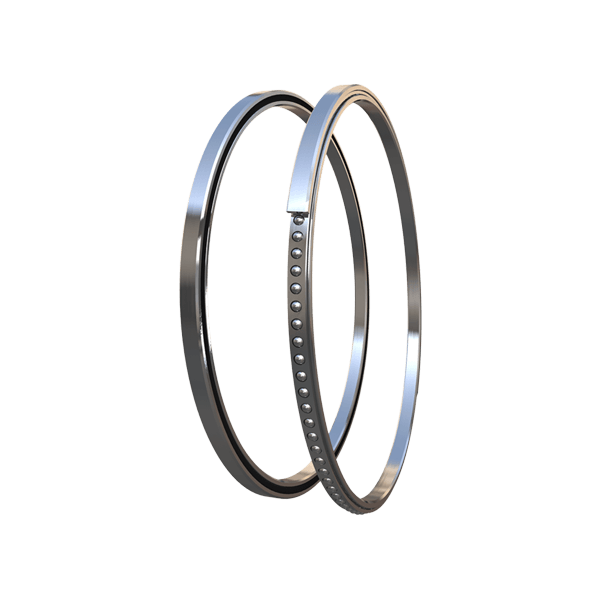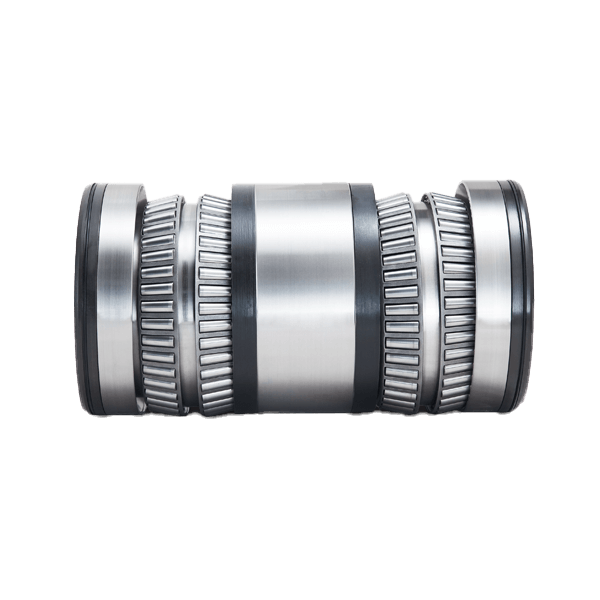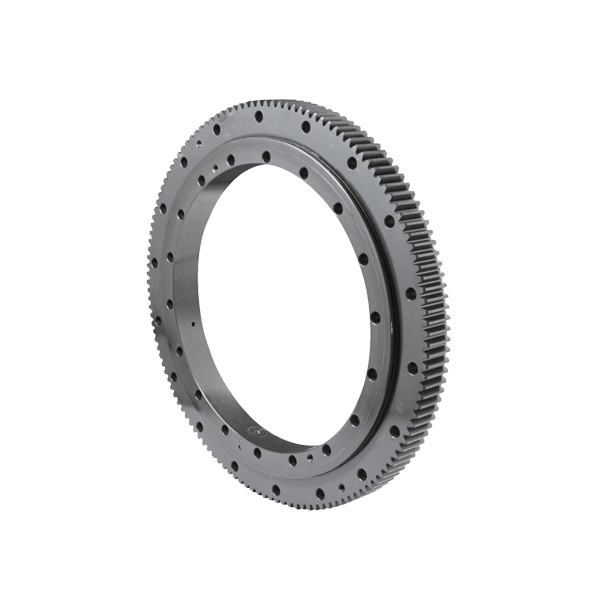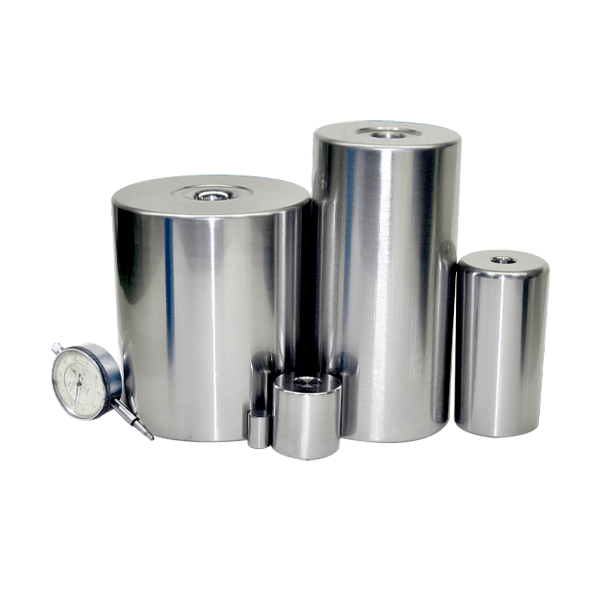Thin-wall bearings, used in its mechanical products, play a very large role, and are often indispensable. Many people don't understand, if the product is it, how should you choose? Don't worry, follow our ideas to make a preliminary understanding first.
1: What is the cost of thin-walled bearings? Is it expensive? Let's first understand thin-walled bearings. What are its advantages? What role can it play? This is also a reflection of its value. We can sort out the information ourselves, and then we will understand a lot of these questions. After figuring out its value, we will naturally have a deeper understanding of its cost and can judge it as objectively as possible. There are also factors such as market supply and demand, adjustments to the upstream and downstream industrial chains, etc. that will indirectly or directly affect the price of thin-walled bearings. Then you can combine the standards of your own production tasks and the available budget, and make a comprehensive calculation. According to this logic, don’t we have a better idea in our minds?

2: How is the service of thin-walled bearing manufacturers?
This requires looking up the user experience and evaluation feedback of previous customers from public information. See what the old customers of the company say? We have to carefully figure it out and find out the secret. We also need to find out how the manufacturer's after-sales service is. If the after-sales service is good in the later stage, there will be a certain guarantee for us to choose long-term cooperation. It is inevitable that we will encounter faults that we cannot solve by ourselves for a while, and at this time we need strong support from the manufacturer. If the later stage is not very good, it will be a big hidden danger for us. We need to weigh the pros and cons carefully.
Three: The service life of thin-walled bearings. How long or short is its life cycle? It can be defined simply and uncomplicatedly. The mechanical parts to which thin-walled bearings belong have been under high load, so the overall mechanical cycle will be shortened to a certain extent. Of course, this is not a definite situation, and specific situations require targeted analysis. Nor can we draw conclusions casually, and independent thinking is critical. We must know the theoretical value of the life of thin-walled bearings in advance. Don't wait until failures occur frequently to worry. In short, regular maintenance must also be strictly implemented, and professional workers must follow standard guidelines to operate and eliminate hidden dangers.
Three viewpoints on selecting thin-walled bearings have been presented above. What other good methods do you have while reading this?
 Thin Section Bearings
Thin Section Bearings Heavy Duty Bearings
Heavy Duty Bearings Slewing Bearing
Slewing Bearing Rolling Element
Rolling Element Thin Section Bearings
Thin Section Bearings Heavy Duty Bearings
Heavy Duty Bearings Slewing Bearing
Slewing Bearing Rolling Element
Rolling Element Thin Section Bearings
Thin Section Bearings Heavy Duty Bearings
Heavy Duty Bearings Slewing Bearing
Slewing Bearing Rolling Element
Rolling Element





